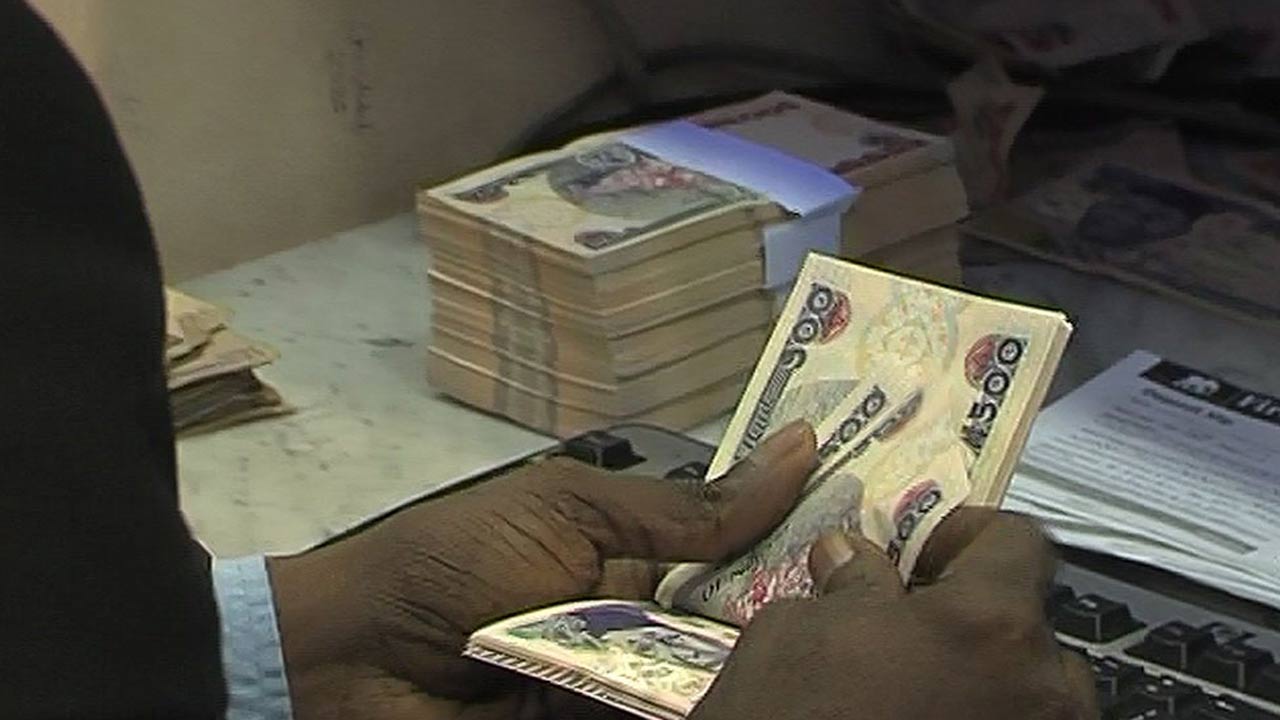Federal Government Revamps Cash Transfer Scheme to Tackle Poverty: Pensioners and Veterans Included, Disqualifications for NIN and BVN Absence as CBN Initiates Payments
The Federal Government is taking significant steps to enhance its Conditional Cash Transfer scheme by reviewing and expanding the National Social Register to include pensioners and ex-servicemen while eliminating beneficiaries who have crossed the poverty threshold. The government is also removing deceased beneficiaries from the register and disqualifying individuals without National Identification Numbers and Bank Verification Numbers.
Notably, payments will now be directly disbursed to beneficiaries by the Central Bank of Nigeria, eliminating the need for intermediaries or consultants. This change is set to begin with the first batch of bulk payments for five million households, scheduled for next week.
The Conditional Cash Transfer scheme is a crucial component of the National Social Investment Programme, designed to uplift the lives of Nigerians living in extreme poverty, elevate their living standards, and stimulate economic growth.
In an event marking the 2023 International Day for the Eradication of Poverty in Abuja, President Bola Tinubu inaugurated the distribution of N25,000 to 15 million households over three months as a social safety net intervention. The objective is to mitigate the consequences of recent fuel subsidy removal and contribute to the eradication of poverty nationwide.
In response to inquiries, Rasheed Olanrewaju, the Special Adviser on Media and Publicity to the Minister of Humanitarian Affairs and Poverty Alleviation, explained that the cash transfer scheme had undergone extensive review and expansion. When questioned about using the previous administration’s register, Olanrewaju clarified, “We are using a verified expanded register that includes pensioners, veterans, and other vulnerable individuals not previously covered.”
The National Communications Manager of the National Social Investment Programme Agency, Jamaldeen Kabir, corroborated this, confirming that beneficiaries who are no longer living in poverty are being removed from the old register. He further added that the expansion would encompass the spouses of fallen heroes and pensioners.
Regarding the commencement of cash transfers, Olanrewaju stated that although bulk payments would begin next week, some verified beneficiaries had already started receiving payment alerts. Kabir also noted that beneficiaries in the first phase would receive payments by the end of the month, benefiting five million households.
In terms of ensuring transparency and credibility, measures such as National Identification Numbers and Bank Verification Numbers have been introduced, reducing the potential for fraudulent recipients. Olanrewaju clarified, “The process is from the CBN to the beneficiaries; there are no middlemen.”
While the exact number of ineligible beneficiaries is yet to be determined, it is expected to be substantial, involving deceased recipients and those who no longer qualify as impoverished. Olanrewaju stated, “The final figure will be out in weeks; it may run into millions.”
The Ministry of Humanitarian Affairs and Poverty Alleviation emphasized that the government’s determination to eradicate poverty aligns with the President’s Renewed Hope Agenda, prioritizing poverty eradication, food security, economic growth, and job creation.
President Tinubu highlighted several steps taken to alleviate poverty, including establishing a policy framework, expanding the National Social Register, and partnering with international organizations for conditional cash transfers.
The ministry also outlined other significant investments, such as purchasing compressed natural gas-powered buses for affordable transportation, cultivating farmland to enhance food security, distributing grains and fertilizers to farmers, supporting small and medium enterprises, and launching various programs to benefit vulnerable populations.
Betta Edu, the Minister of Humanitarian Affairs and Poverty Alleviation, emphasized the importance of support from all stakeholders, including the private sector and international partners, to eliminate poverty. She explained that conditional cash transfers offer a proven way to alleviate poverty by providing financial support for starting micro and small businesses, ensuring basic healthcare and nutrition, and keeping children in school. Edu reiterated the government’s commitment to pulling vulnerable Nigerians out of poverty by 2030 through these comprehensive interventions.












